Student SpotlightExploration to Excel
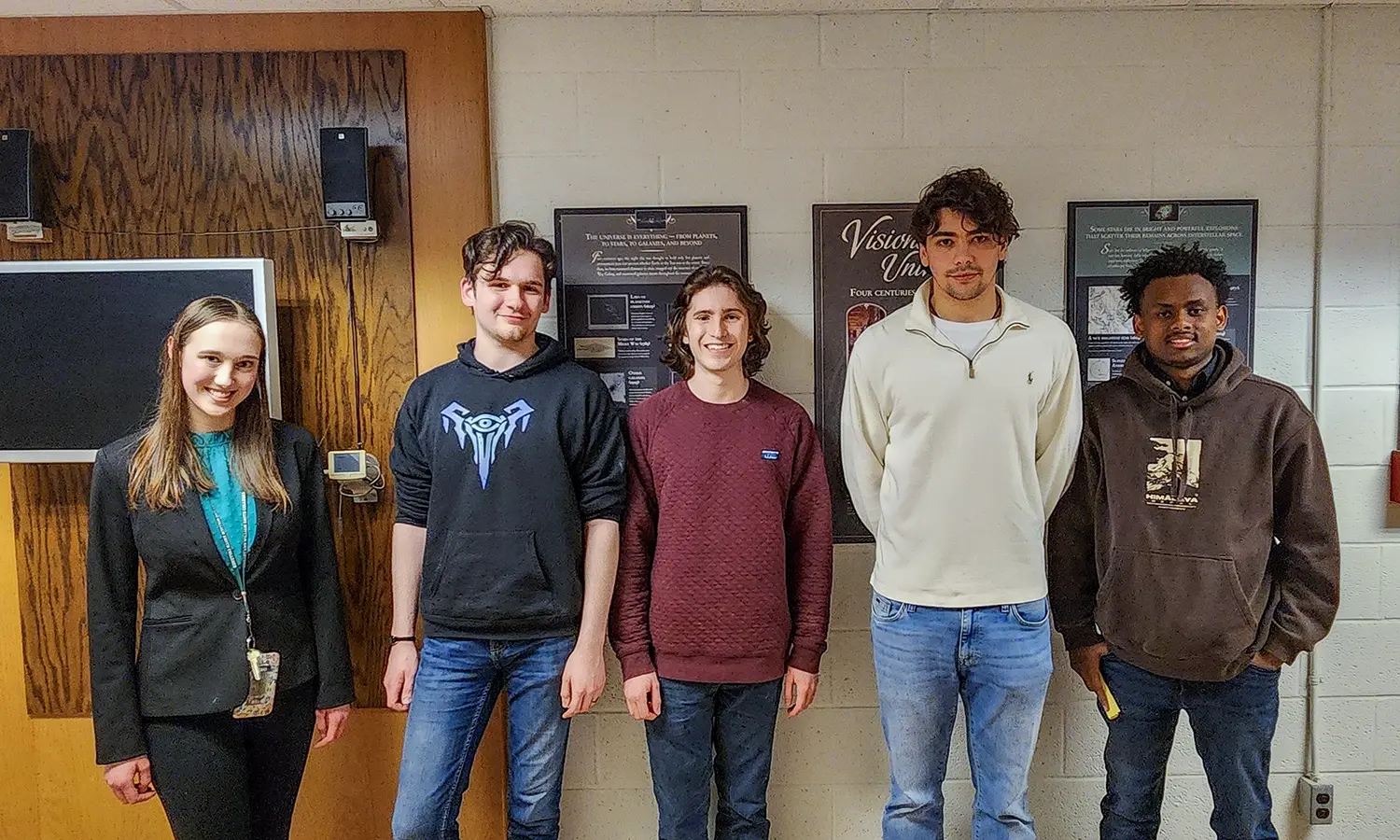
Hobart and William Smith students were able to explore principles and applications of physics through research projects and excelled at the Albert Holland Physics Lecture Competition.

Whether you’re planning for a career in in physics, astrophysics, astronomy, geophysics, oceanography, meteorology, engineering, operations research, teaching, medicine or law, you’ll learn the core concepts and laws of nature by studying physics. In learning the foundation from which all other sciences are built, you’ll be introduced to the principal subfields of electromagnetism, mechanics, thermal physics, optics and quantum mechanics by world-class professors. Expand your classroom knowledge with extracurricular research under the guidance of Physics Department faculty and fully embrace a liberal arts inquiry experience.

Hobart and William Smith students were able to explore principles and applications of physics through research projects and excelled at the Albert Holland Physics Lecture Competition.
If you’re interested in pursuing engineering, HWS offers a joint degree option with both Columbia University and Dartmouth College. You’ll build a well-rounded foundation in the liberal arts at Hobart and William Smith and combine that knowledge with a technical engineering program. After five years, you’ll receive a degree from both HWS and either Columbia or Dartmouth.
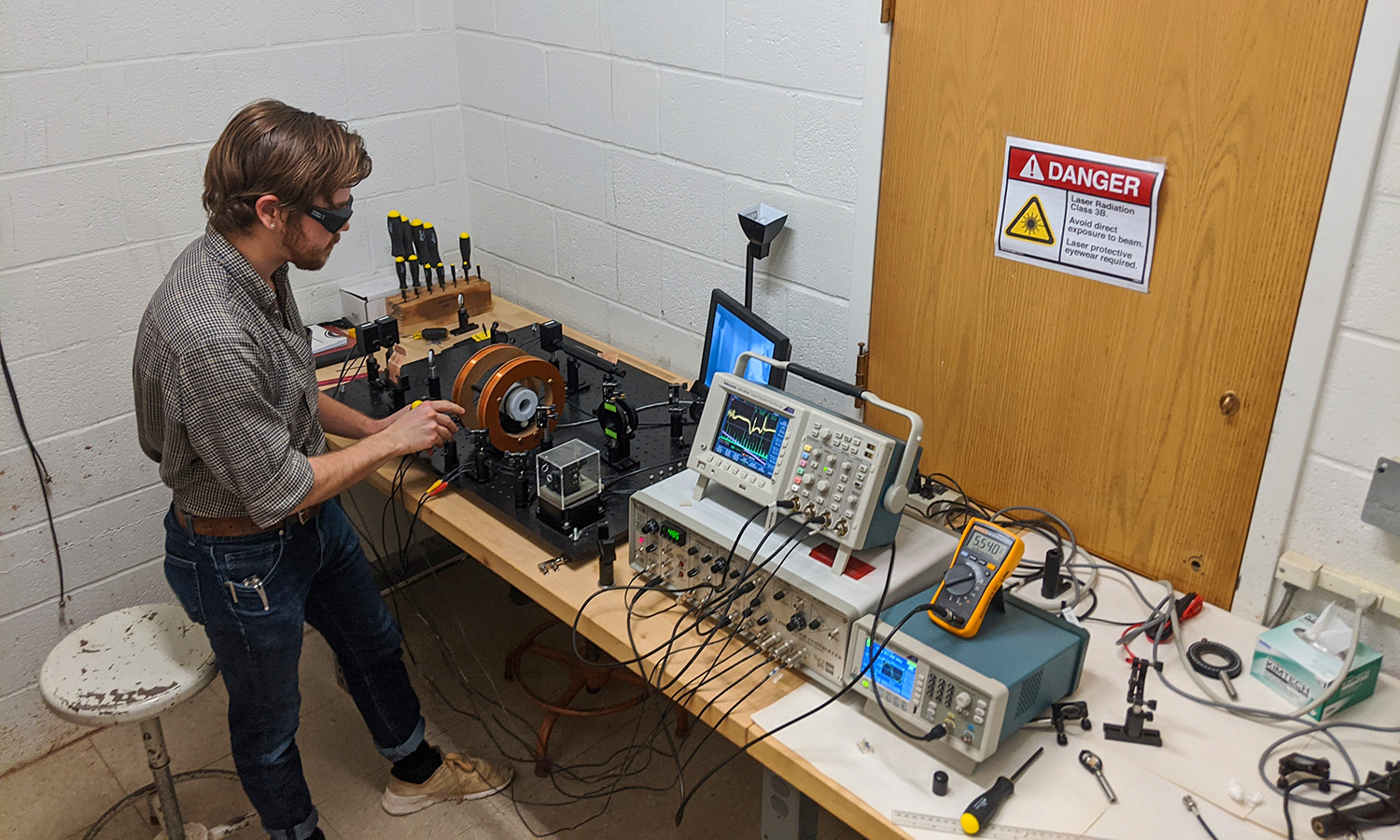
And Experiential Learning
Physics students looking to engage more in their work can study and complete Honors and research projects in their chosen topic with the guidance of a faculty mentor.
Past examples of research projects include:
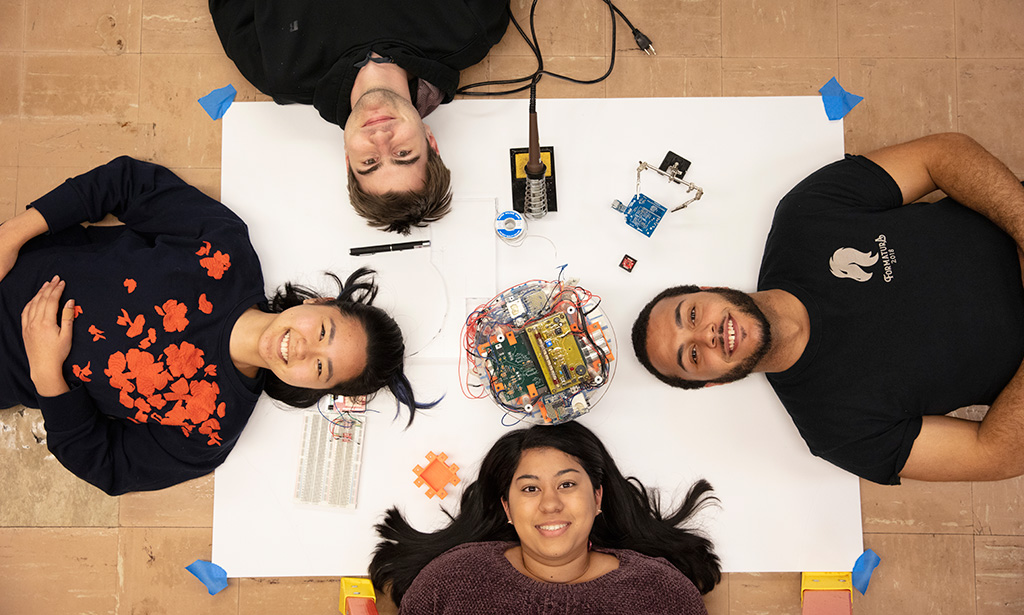
Participate in research leading to a NASA rocket launch or attend lectures on gravitational waves hosted by HWS faculty.
At HWS, learning goes beyond textbooks and classrooms. You’ll gain high-impact, practical experience that deepens learning and opens doors.
![$intro-image[2]/descendant::img/@alt](/images/academics/phys/abroad.jpg)
Study wavelengths in Germany or astronomy’s link to climate change in South Africa. Learn the origins and early innovations of mathematics and science by spending a summer studying in Greece.
Wherever you go, our top-ranked global education program will allow you to apply classroom knowledge, develop cultural understanding and build global connections that expand your personal capacity and sense of purpose.
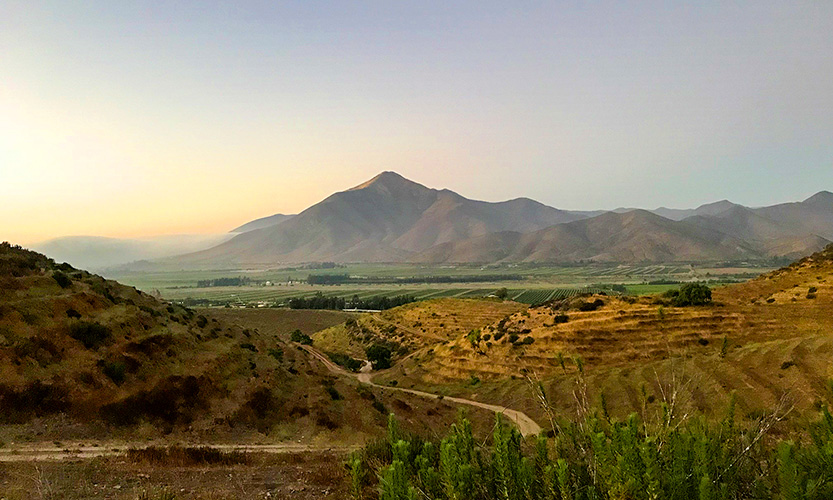
Learn the foundations and applications of physics and how it impacts our world.
From warp drive to cloaking devices and holodecks, learn about the possibilities of concepts from the TV shows and movies, what the principles of physics tell us about these possibilities and what these possibilities would mean for the principles of physics.
Build on your physics foundations to understand the universe.
Explore the ideas and consequences of Einstein’s special and general theories of relativity.
Study the intersection of physics and the study of information.
At Hobart and William Smith, you have the freedom to create your own individual major involving physics. Past majors include Biophysics and Planetary Science.
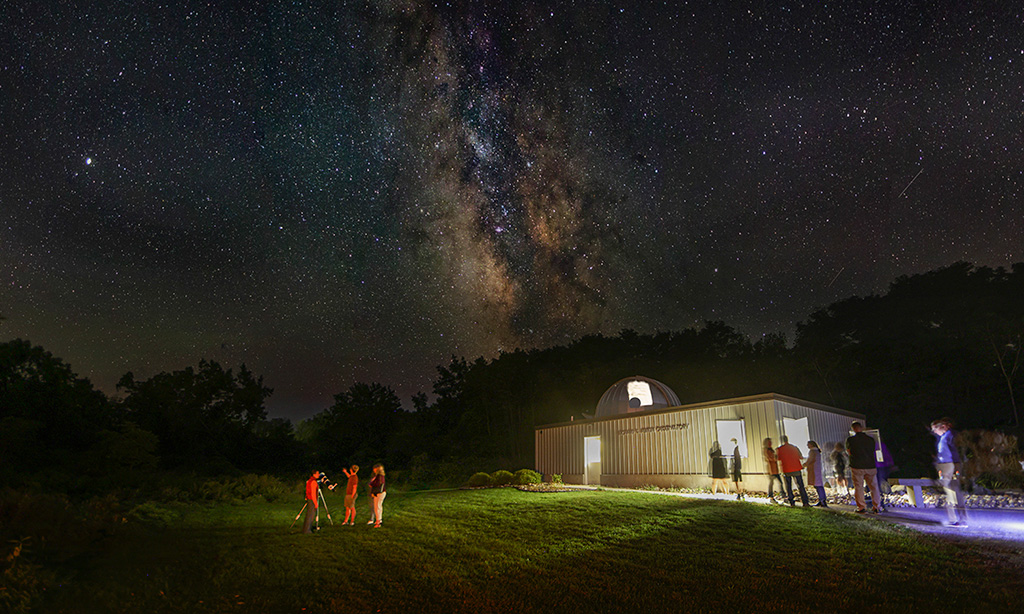
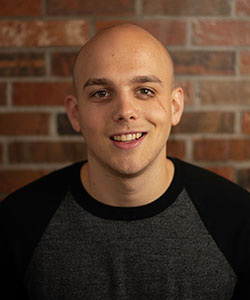
Frank’s interest in engineering led him to the Physics Department. With the help of physics and computer science faculty, he was introduced to incredible opportunities that set him on a path toward software engineering.